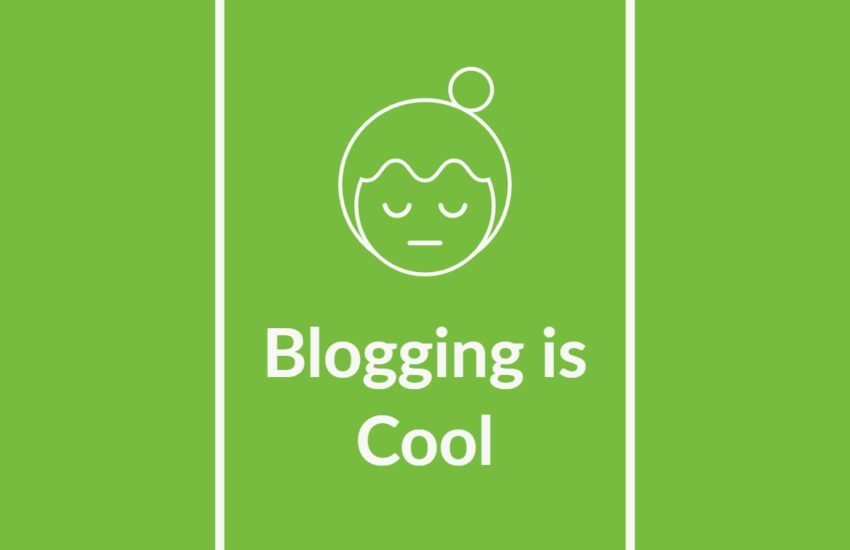Kotaku as an Inspiration for Your Blog
- Why Kotaku as Inspiration?
- 1. Founding (2004)
- 2. Focus on Video Game News and Culture
- 3. Expansion of Coverage
- 4. Influential Reporting and Investigative Journalism
- 5. Community Engagement
- 6. Editorial Independence
- 7. Acquisition by Univision (2016)
- 8. Diverse Content Formats
- 9. Gaming Events and Conventions Coverage
- 10. Adaptation to Digital Trends
- Conclusion
Why Kotaku as Inspiration?
Founded in 2004 by Brian Crecente, this blog covers video games and gaming culture. It is owned by G/O Media, and its estimated revenue is $5 million.
Kotaku is a popular video game website known for its coverage of gaming news, reviews, features, and culture. In this article we discuss its history in brief and highlight some key moments.
1. Founding (2004)
Kotaku was founded in 2004 by journalist and editor Brian Crecente. It started as a part of the Gawker Media network, alongside other blogs like Gizmodo and Lifehacker.
2. Focus on Video Game News and Culture
From its inception, Kotaku focused on providing news, reviews, and commentary on video games and gaming culture.
The site aimed to cover both mainstream and niche gaming topics, catering to a diverse audience of gamers.
3. Expansion of Coverage
Over the years, Kotaku expanded its coverage beyond traditional video game news to include features on gaming culture, industry analysis, opinion pieces, and investigative reporting.
This broadened focus allowed Kotaku to provide a comprehensive view of the gaming world.
4. Influential Reporting and Investigative Journalism
Kotaku gained recognition for its influential reporting and investigative journalism within the gaming industry.
The site broke several important stories, including revelations about working conditions at game development studios and controversies surrounding gaming communities.
5. Community Engagement
Kotaku fostered a strong sense of community among its readers through comments, forums, and user-generated content.
The site encouraged reader participation and interaction, allowing gamers to share their thoughts, experiences, and creations.
6. Editorial Independence
Kotaku maintained editorial independence, allowing its writers and editors to express their opinions freely and cover a wide range of gaming topics without external influence.
This independence contributed to Kotaku’s credibility and trustworthiness among its audience.
7. Acquisition by Univision (2016)
In 2016, Kotaku, along with other Gawker Media properties, was acquired by Univision Communications Inc. following Gawker Media’s bankruptcy and subsequent auction.
The acquisition provided Kotaku with stability and resources under new ownership.
8. Diverse Content Formats
Kotaku embraced diverse content formats, including written articles, video features, podcasts, and live streams.
This multi-format approach allowed Kotaku to cater to different audience preferences and engage with gamers across various platforms.
9. Gaming Events and Conventions Coverage
Kotaku provided extensive coverage of gaming events, conventions, and industry conferences, such as E3, Gamescom, and PAX.
The site’s reporters attended these events to deliver news, previews, and interviews directly from the gaming industry’s frontline.
10. Adaptation to Digital Trends
Kotaku adapted to changing digital trends by optimizing its website for mobile devices, embracing social media platforms, and experimenting with new storytelling techniques and interactive features.
This adaptation ensured that Kotaku remained relevant and accessible in the fast-paced digital media landscape.
Conclusion
Kotaku’s history is characterized by its commitment to providing insightful and diverse coverage of video games and gaming culture.
As it continues to evolve, Kotaku remains a leading destination for gamers seeking news, analysis, and commentary on the latest trends and developments in the gaming industry.


